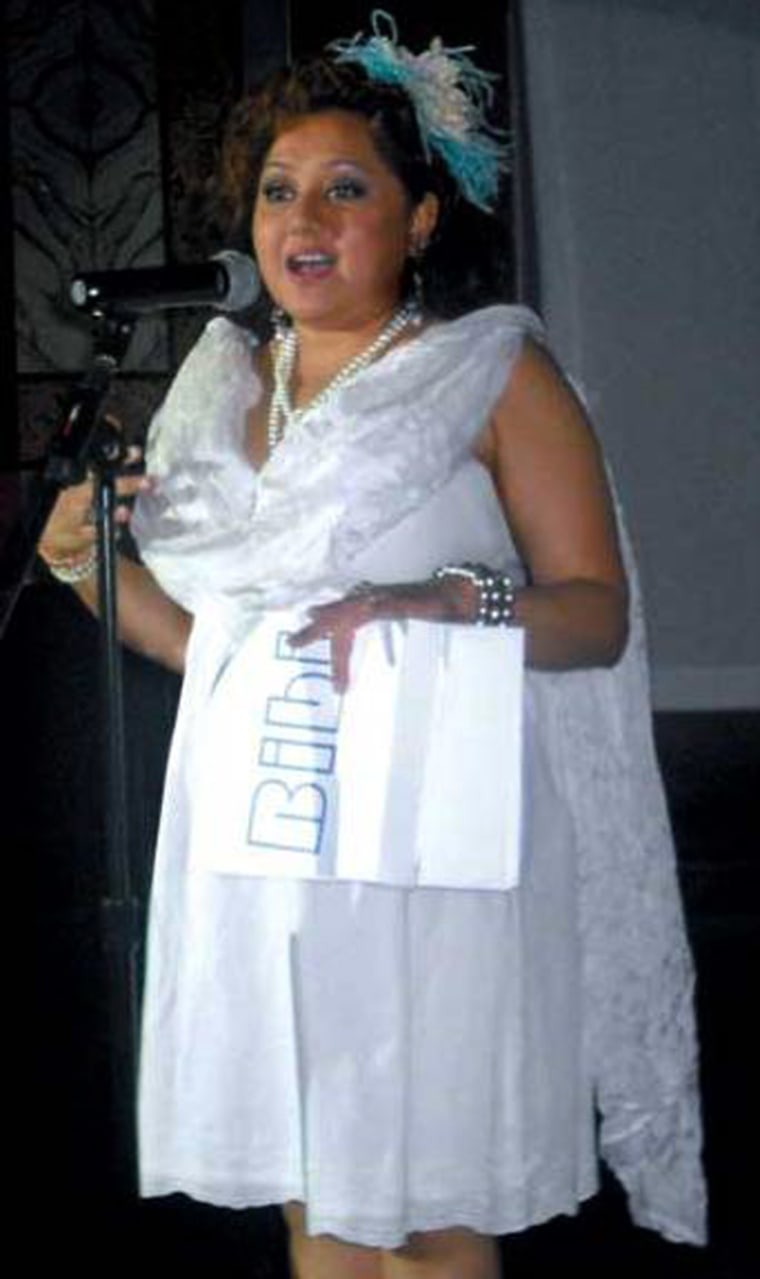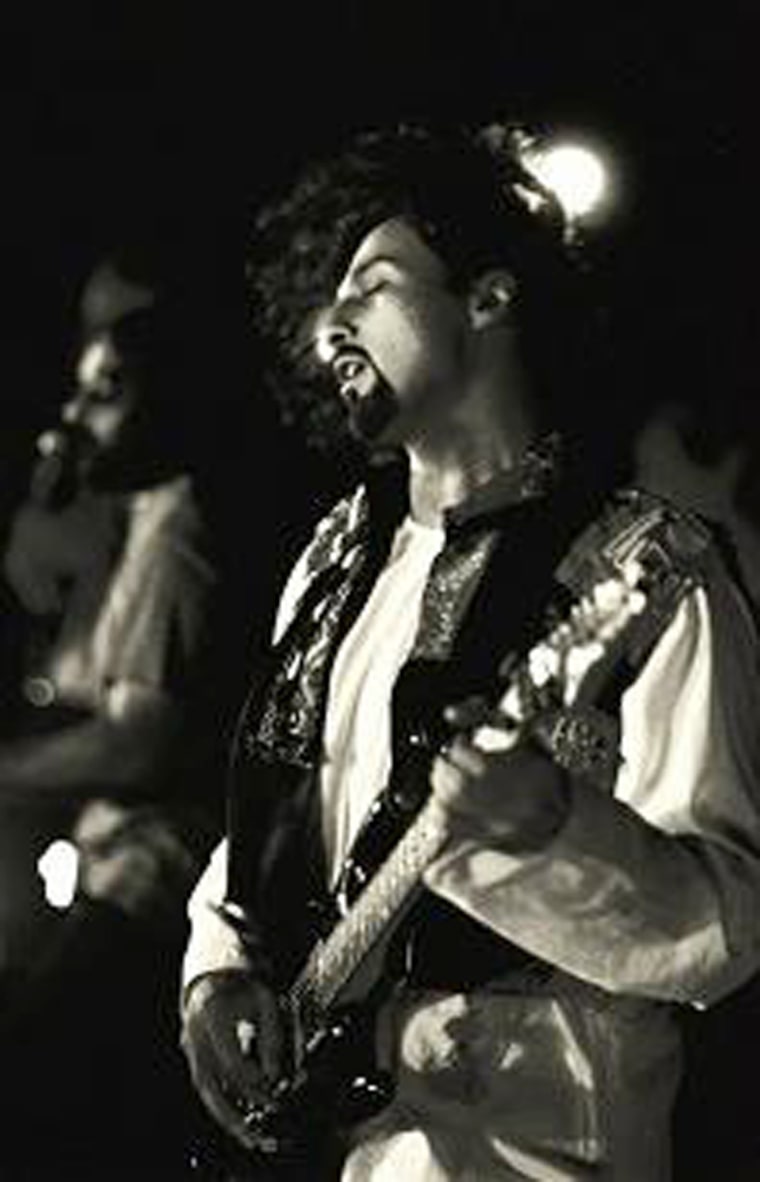Salman Ahmad
Question: What is the Salman and Samina Global Awareness Initiative?
Ahmad: Salman and Samina Global Awareness Initiative is a 501-C3 that my wife and I, Dr. Samina Ahmad, put together to address the issues closest to our heart, which is interfaith dialogue, education, health.
Q: What is happening in Swat Valley, Pakistan?
Ahmad: Following this viral video that Pakistanis saw, or the whole of Pakistan and the Diaspora and the world saw, of a 17-year-old girl being flogged by the Taliban, it was a widespread, simultaneous disgust because up until then the Taliban had been sort of been able to get peace deals in Swat. [The girl was beaten by Islamic radicals after being accused of adultery. It is rumored her flogging was ordered after she did not accept the proposal of a Taliban commander.] When people saw that girl I think that video changed the whole conversation. Following that disgust the Pakistan army went into the northern region and have been fighting the Taliban.
Now as a result of that fighting, three million IDPs (internally displaced people) have fled the fighting from Swat area and really in the middle of 140 degrees Centigrade, women, children and men are trying to find shelter, food, medicine. We’re trying to, through the Salman and Samina Global Initiative, raise awareness for the plight of the IDPs in Pakistan as well as fund.
Q: What is your role with the initiative and how does your role as a U.N. Goodwill Ambassador fit in?
Ahmad: Throughout my career, my music career, both Samina and me were trained as doctors. Healing is a huge part of what we do. I found, in my own career through music, that music is a great bridge builder. Our goal through the initiative is to spark interfaith dialogue through arts and culture, to promote education about amongst girls and women in Pakistan, and to promote health because both of our doctors help become a high priority as well. So, interfaith dialogue and the goal is to recruit student ambassadors, young people, provide for them the opportunity to get an education and also serve the community.
Q: Is there one memory that stands out for you while working on this initiative?
Ahmad: Many. I guess an immediate one is that we did, last year, the first-ever rock concert in Srinagar, India. The state of Kashmir has been a war zone for 20 years. Young college students, teenagers, wave guns and bullets because the militants had said they had threatened with violence. I had received death threats but we went ahead and did the show and thousands and thousands of students came to that show in solidarity and peace. They jumped over barbed wire and they sang louder than the band Junoon.
Samina and I were there and we saw the power of music and what it can do and what I said there — all young people in south Asia for example, 60 percent of whom are under the age of 24, were talking about 1.5 billion people in south Asia and there’s a huge, huge buzz there and if we work together through interfaith dialogue to promote education, we can change that part of the world. As you know that President Obama recently in his Cairo speech said that we want to build a relationship with the Muslim world through mutual respect and mutual interest and we see SSGWI the Global Wellness Initiative as being an important partner in this vision.
Ayesha Hakki
Question: Why did you decide to organize an event to help Swat Valley, Pakistan?
Hakki: New Yorkers are very giving people. Every year, Bibi Magazine puts together some sort of fundraising event as a way of giving back. This year, after seeing a documentary on Frontline by Sharmin Obaid-Chinoy called “Children of the Taliban,” I was deeply moved by what was happening to the people of my home country of Pakistan by the extremists. I thought to myself, that I can put together a fundraiser to help those people who have lost their homes due to the fighting between the Taliban and the Pakistani and international militaries.
The White Party fundraiser actually was a joint effort by about 20 New Yorkers. I called upon my friends in the fashion and entertainment fields and asked them to help put this event together. I was humbled by the response and the diversity of people involved with this event; we had Americans, Asians, Hispanics, Indians, Pakistanis and Bangladeshis. Everyone put aside their differences and came together as one to donate their time and effort for the cause, and it turned out to be an amazing event where we raised about $9,000. The amount may seem insignificant to an established charity, but for us, just a bunch of friends coming together, the amount is much more significant. We are donating the money through the Salman And Samina Global Wellness Initiative.

Q: Many Americans don't know about this situation, what is the most important thing you would like to express to those that are unaware?
Hakki: Most Americans don’t realize how entrenched the Taliban is in Pakistan, and how cleverly and subtly they make inroads into a community. By the time anyone realizes the extent of its growth, it is too late and the results can be felt around the world. Americans need to realize that even though Pakistan is a world away in every sense of the phrase, the people there still need our help with aid — humanitarian, education, social —because the government isn’t able to provide for its people due to mismanagement and corruption. Every little bit helps.
The U.N. is saying that this crisis is quickly going to surpass the Rwanda genocide of 1995 in terms of the number of people affected. Currently, over 2 million people have fled because their villages are ground zero amidst all the destruction. They are living in camps or staying with friends and relatives — sometimes as high as 85 people to one house. The numbers are staggering!
Q: Why is it important for successful, well-known people to get involved with charities?
Hakki: It’s very important for community leaders such as celebrities to be involved with charities since their example can incite other people to also join the cause. Celebrities have the immense power of influence, and it is their social responsibility, I believe, to use that power wisely. The White Party Fundraiser was successful for that very reason. Of course, Salman from Junoon was involved, but we also had Tina Sugandh aka TablaGirl, Jay Dabhi, actors Manu Narayan and Reshma Shetty, former Miss India USA Melanie Kannokada, comedians Aladdin and Vidur Kapur and a number of other well-known people involved with the event. Because of their direct participation, the event saw a crowd of over 300 people attending … and attending translates to donating. Moving forward, the partygoers will be more apt to pay attention to the situation in Pakistan and know that they have done something to help, and all because they wanted to be at an event with these celebrities.
Q: Is there anything you would like to add?
Hakki: In everyday life, especially in this economy, it becomes very easy to ignore the plight of others. And if one does want to help, there are so many causes all vying for one’s donation, that it becomes very frustrating to know if one is making any difference. People need to understand that we are a global community that is highly interconnected. Even though our lives may be filled with problems and difficulties, we are still much better off than the majority of people in the world. Hence, I believe that we should all give whenever we can, be it through time, service or cash gifts to causes we feel connected to. Funnily enough, the Universe has a strange way of returning the favor ten-fold to those who have a generous spirit. That in itself is enough to make an effort.
